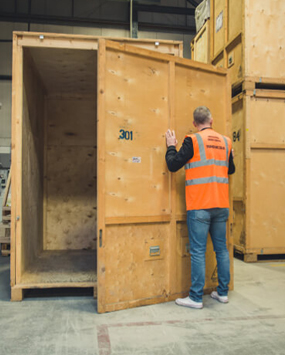
Safe, Fast, and Affordable Moves to Pakistan!
Pakistani culture is very diverse
Thanks to its historical, geographical and ethnic diversity, Pakistan’s culture is a melting pot of Indian, Persian, Afghan, Central Asian, South Asian and Western Asian influences. There are over 15 major ethnic groups in Pakistan, which differ in physical features, historical bloodlines, customs, dress, food and music. Some of these include Punjabis, Sindhis, Baloch, Pashtuns, Kashmiris, Hazaras, Makranis and Baltis, coming from regions as close to home as the Indus Valley or as far as Africa or Tibet. Other than ancient ethnic elements, the religious influence of Islam has also strongly shaped Pakistani culture since it first came to the region in AD 700.
Pakistanis love listening to – and making – music
Diverse culture has exposed Pakistani musicians to many different poetic forms and styles, along with languages and literature. Qawwali and Ghazal are the nation’s auditory treasures. Building on that, Pakistani TV shows, like Coke Studio, have amassed millions of fans internationally and locally, from non-Pakistanis to non-Urdu speakers. The nation has also produced legendary singers, like Nusrat Fateh Ali Khan and poets like Faiz Ahmed Faiz, who have left a tremendous influence on the culture and the collective conscience of the people. Contemporary musicians too play with modern styles and develop fusions in the Urdu language, of blues, funk, rock and jazz.




